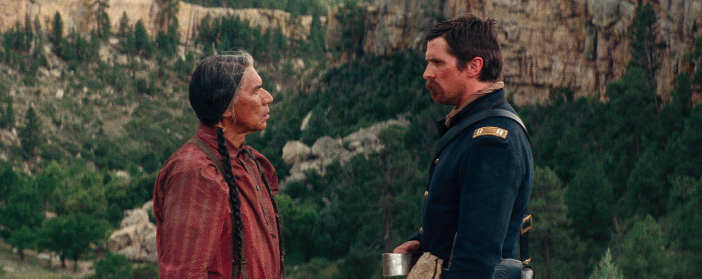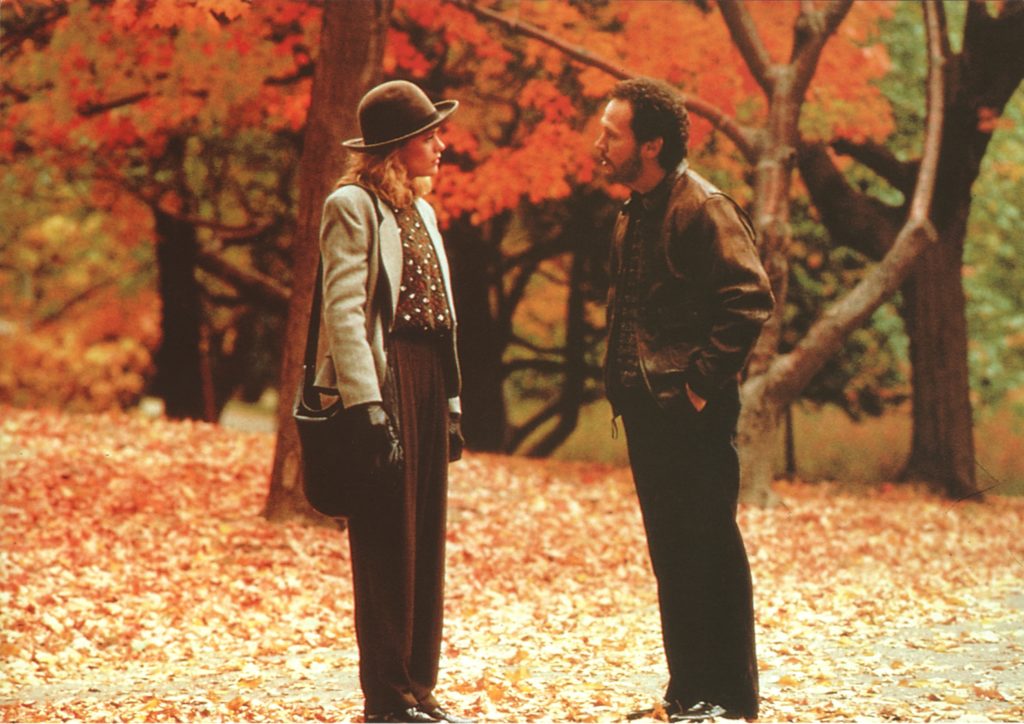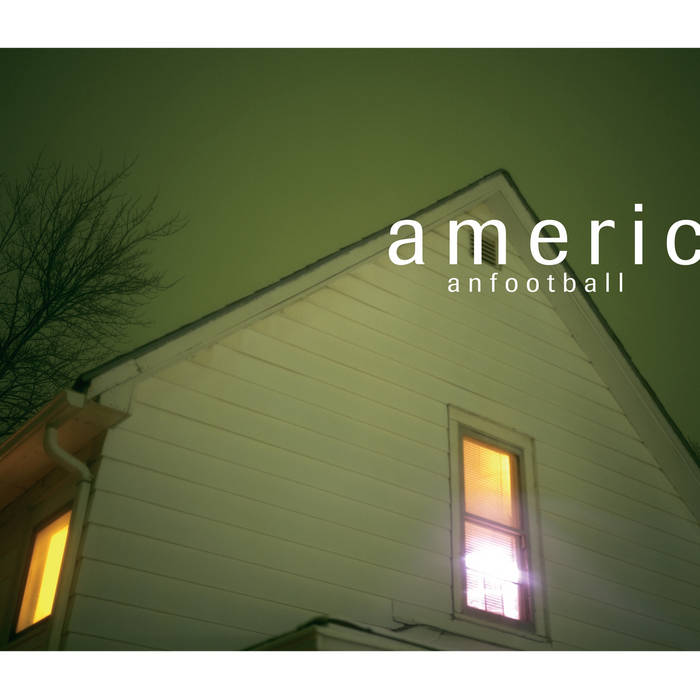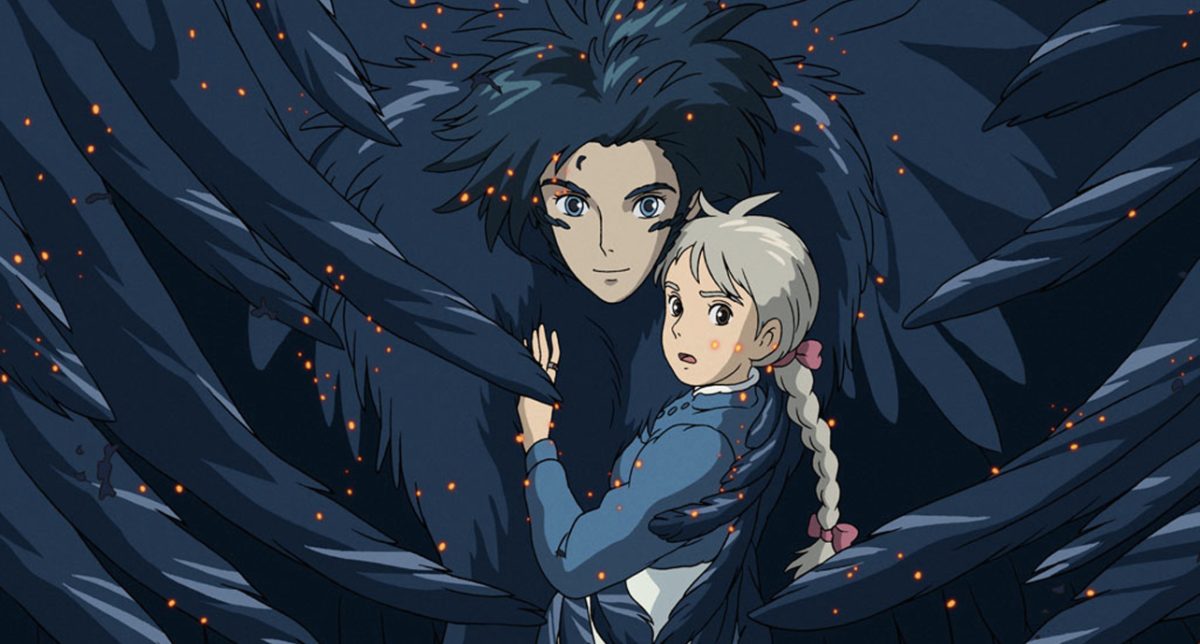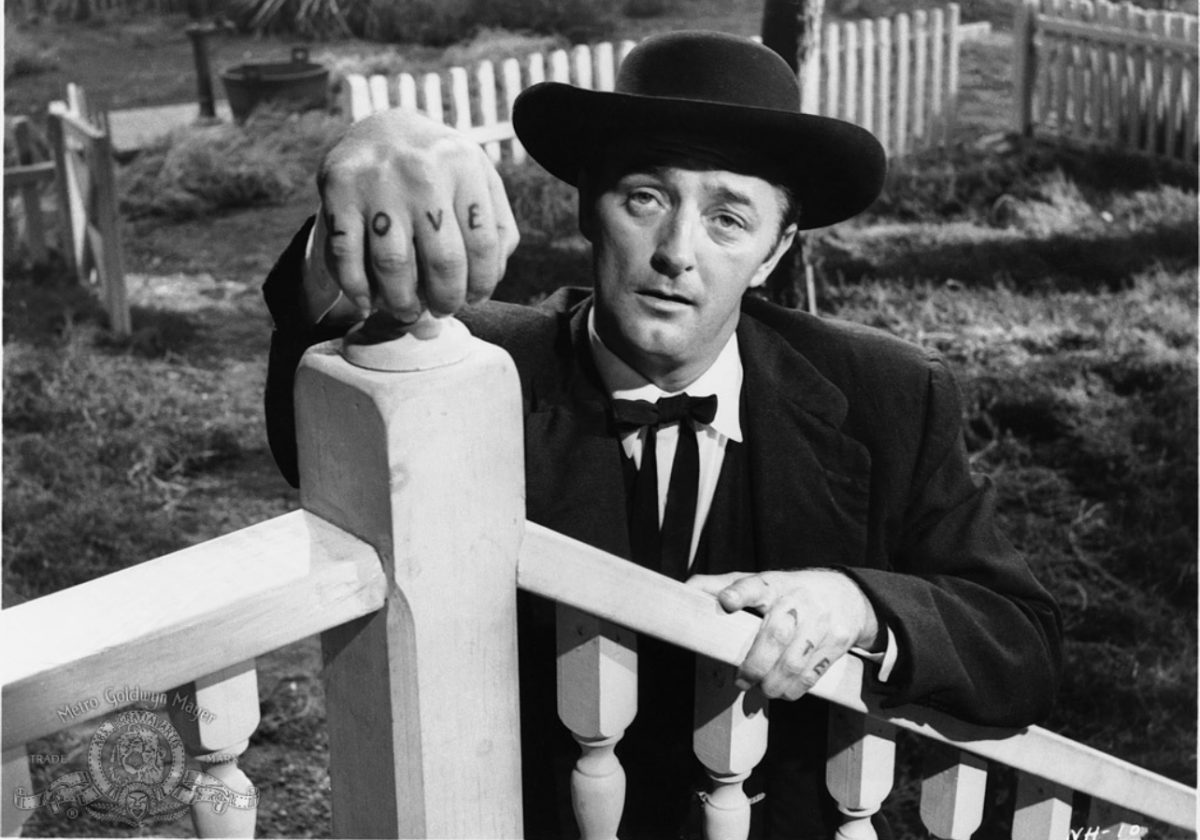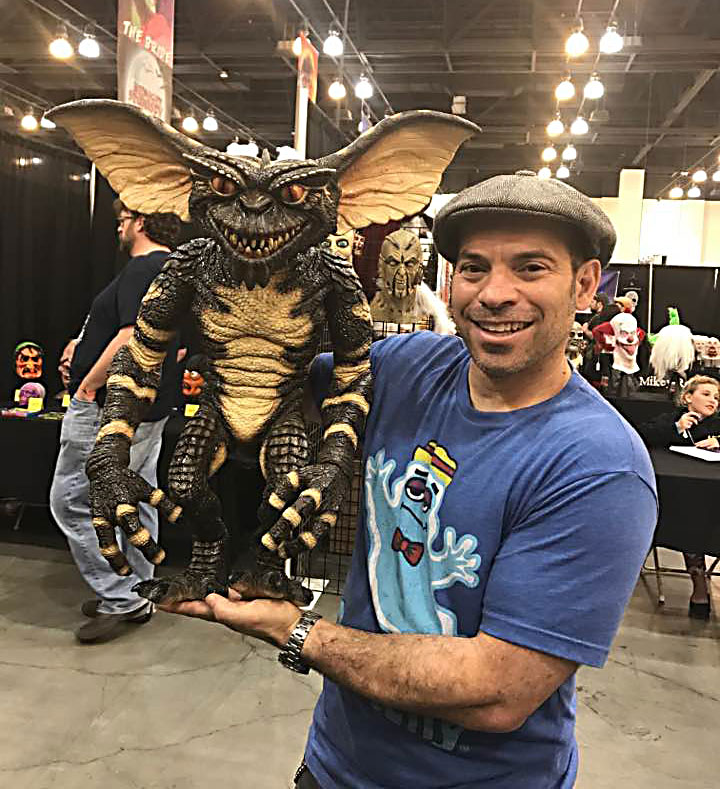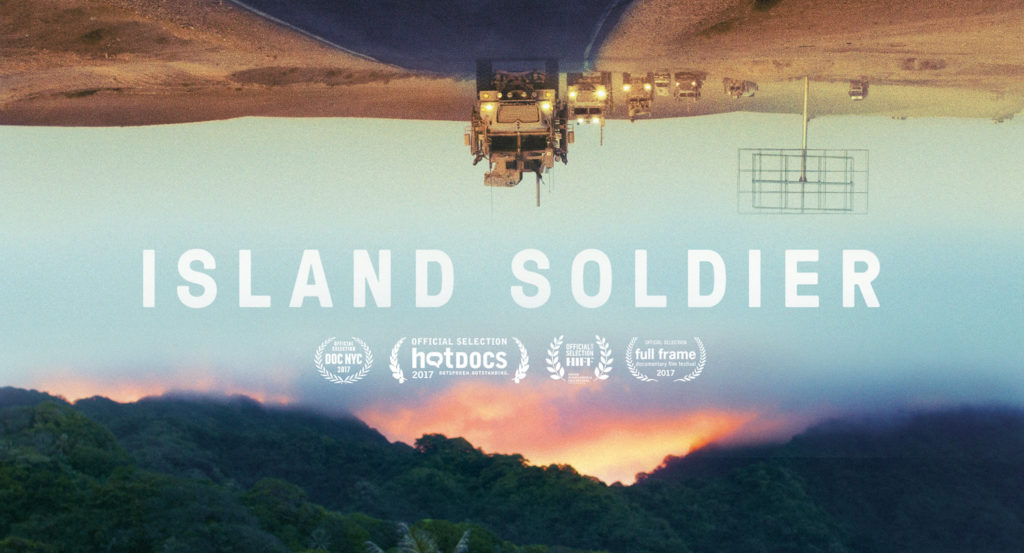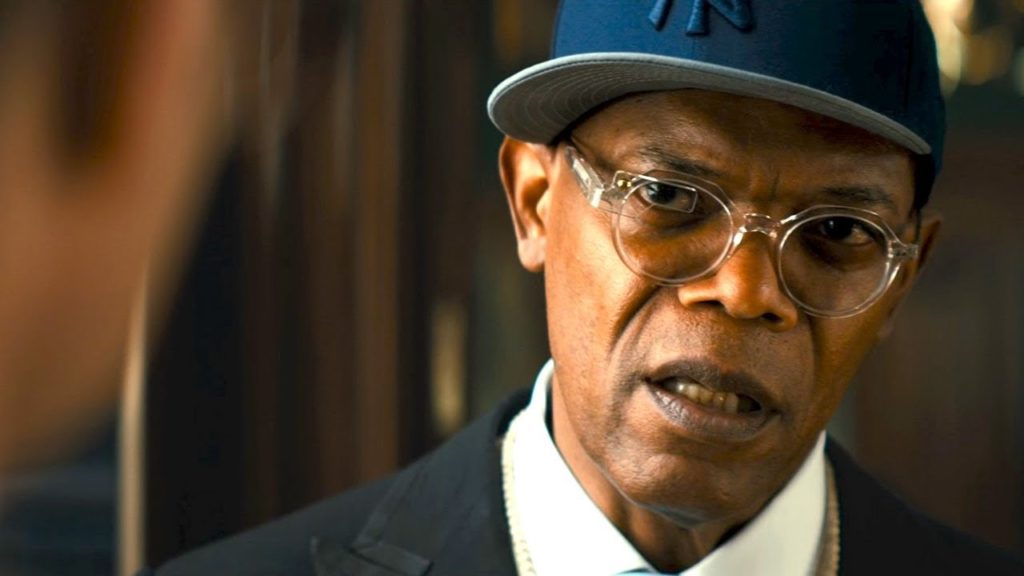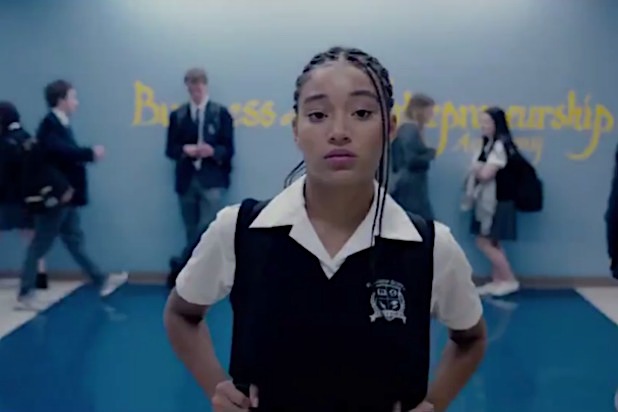Unlike the cowboy movies of old, Scott Cooper’s excellent western Hostiles portrays the grim, violent and gritty side of the American West. In this movie, Captain Joseph J. Blocker (played by the great Christian Bale) reluctantly agrees to transport the ailing Cheyenne chief Yellow Hawk (played by Wes Studi) to his resting place in Montana. Blocker starts off as a bitter and war-torn man in need of solace, but little does he realize that the two people he needs most are Rosalie Quaid (played to perfection by Rosamund Pike), an emotionally traumatized widow whose family was violently slaughtered by a Comanche war party, and Yellow Hawk himself, whose kind Blocker has hunted, killed and despised for years.
Bale’s layered performance of subdued rage, regret and bitterness is some of his best work in recent years and had this film been released earlier with a wider release, he would be a definite Oscar contender for Best Actor. Among the show stealers is Pike, whose initial character is a gut-wrenchingly distraught and livid woman with an absolute fear and hatred of the Native Americans but gradually morphs into a sympathetic and protective mother figure towards them and their children. Wes Studi’s portrayal of Yellow Hawk commands presence and a quiet dignity every time he is on screen, yet Cooper cleverly avoids traversing western clichés by displaying him as a wise yet weary man nearing the end whose suppressed anger towards the white man is overridden by the fact that “death comes to all men.”
At its core, Hostiles is about rediscovering one’s humanity in times of extreme suffering and the need for overcoming personal prejudices in order to survive, which resonates to the audience given the current political and social atmosphere of division and conflict. This may come across to some as being politically correct, but given the level of racial tension and discrimination within society, it is more than necessary for the human race to sacrifice old habits in favor of creating a better world for future generations to live in. In addition, this film depicts the relationship between white people and Native Americans as two different kind of people both yearning to live in contrast to the cliché of Native Americans as savage killers. Scott’s grim yet emotionally invested direction combined with Masanobu Takayanagi’s breathtaking cinematography, which evokes the images of John Ford’s The Searchers (1956) in terms of capturing the majesty of wide open plains, rocky cliffs and canyons with lush green shrubbery makes for a genuinely immersive experience. As for flaws, the plot’s second act involves Blocker having to pick up and transport a war criminal to his execution which makes the halfway point slightly muddled, but this plotline is resolved relatively quickly. This film also features Timothée Chalamet as a nervous young soldier who goes along for the ride before (spoiler alert) getting killed off before we ever get to know him. In conclusion, this film captures the raw psychological and emotional journey that the American West was and delivers an unnerving yet poignant journey that for the most part, reaches its destination.
Final Score: 9 out of 10
Categories:
Movie review: “Hostiles”
Keiji Muramoto
March 20, 2018
0
Donate to The Cabrillo Voice
$550
$500
Contributed
Our Goal
Your donation will support the student journalists of Cabrillo College. Your contribution will allow us to purchase equipment and cover our annual website hosting costs.
More to Discover

